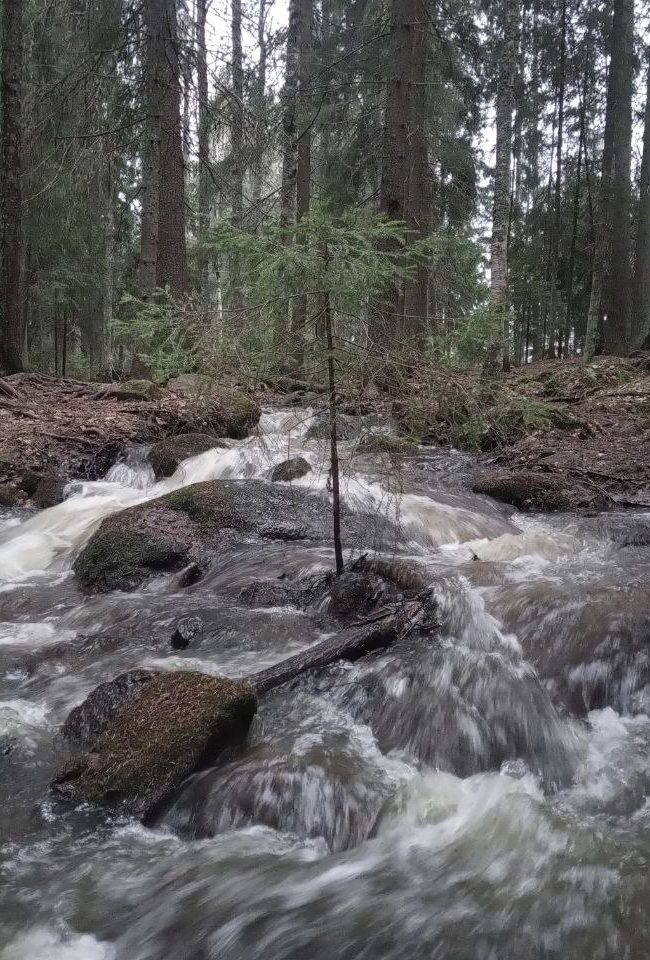
The endless loop of greenwashing
Esseen tyyppi: Yksilöessee / 2 esseepistettä.
The endless loop of greenwashing:
Exposing companies and the methods they use:
Introduction:
Have you ever bought a product or service based on the sustainability benefits it has to offer? Or because it has been advertised as an ethical and green product or service? Perhaps you have even invested in companies promoting their sustainable approach for bettering our future? If you have fallen trap to any of these, chances are good that a big percentage of your purchases fall under a modern-day term known as “greenwashing”.
Greenwashing refers to the fake information produced about a company to make the company seem more environmentally friendly. In other words, companies market their products and services as “green” products, when in reality they do not meet the necessary standards to classify them as “green” or environmentally safe products. [Will Kenton, 23 January 2021, Greenwashing Definition (investopedia.com)].
Greenwashing
Exposing companies:
If we dive a bit deeper into big, modern-day companies all around the world, it is shocking to see the huge amount of greenwashing and other unethical practices that take place within them. These are companies we support, with the intention of creating a better future together, while unconsciously breaking our environment down. We are constantly getting trapped into doing the opposite of what we believe in, without even realizing it. It is time for these companies to be exposed and for people to start realising the huge impact that these greenwashed companies have on our current and future life.
Akepa, a sustainability driven online organization, has done some recent research to finally expose the top companies responsible for greenwashing. First up we have a company called “Innocent”, as misleading as their name is, they have been caught publishing false TV advertisements. If you search their website, it is all up in your face about creating a better and greener planet, when in reality they are owned by the biggest known plastic polluter, Coca-Cola. They are not as “innocent” as they seem to be and have aslo been guilty of using endless amounts of non-reusable plastic products. Close in second place, we have the famous coffee company “Keurig”. This company sold the idea of being able to recycle their coffee pods, along with their coffee. It turned out to be completely false and they faced a $3 million fine due to the misleading statements on their products. The next runner up will be our well-known Swedish friend, IKEA. IKEA is the world’s biggest wood purchaser. That begs the question: Is their wood consumed in an ethical way? Earthsight, an environmental and social injustice driven company dug deeper into this question only to find IKEA’s illegal wood practices in Ukraine. Windex is strong in the fourth place. This company has been called out for false packaging statements. They stated that their products have been created from”100% ocean plastic”, which led consumers to think that Windex themselves have been cleaning oceans to create their products, doing a good deed to all. The problem is that this misleads the consumer, because Windex actually got their plastic from “plastic banks” in places like Haiti. H&M will be our fifth and final competitor for the green washers of the year. Although this fast fashion company might not be as big a surprise as some of the other companies, it doesn’t make their environmental impact any less concerning. 96% of their statements are not supported by valid evidence. They have been accused over and over of multiple sustainability crimes. [Victoria Peel-Yates, July 21 2021, Greenwashing examples for 2021 & 2022 | Worst products & brands (thesustainableagency.com)]
Although it is much easier to stay blind to these problems, it is only up to us (the consumers) to actually make a difference to these statistics. It is no one else’s responsibility than our own.
Methods:
There are different ways in which businesses cover up their unethical practices of greenwashing, some get so good at it that it is barely impossible to tell that their goods have been greenwashed. A few of these highly effective methods are:
- Secret exchanges. This refers to creating sustainable products at the expense of a bigger sustainability issue. Obtaining a product’s primary resources in a sustainable way but not practicing sustainable methods during the secondary factor when the resources are being processed, for e.g., the paper industry.
- Providing no evidence. This one speaks for itself. These are company statements that aren’t supported by any authorised facts.
- Being unclear. These products or services lack small important details and specifics, which make them seem “green”, when in fact they’re not.
- Falsified certification. Greenwashed companies create fake “evidence” of the validity of their environmentally friendly products, which is illegal.
- Promoting unrelated facts. Some companies claim to be free of certain harmful products to make their image seem better, when in reality, these products are already illegal to use.
- False environmental claims. This method is used to make products with no environmental benefit seem like they have some extent.
- Fabricating statements. This is when straightforward lies about products environmental impacts are being spread, with nothing sustaining them.
[Anonymous, 2022, Greenwashing – Definition, Seven Sins, and Example (corporatefinanceinstitute.com)]
Conclusion:
It is our role as consumers to create awareness of greenwashing and the affects that it has on our planet. Looking at the examples and methods above, we know that nothing can be truly trusted and therefore the importance of thorough research is required to know what we are buying and who we should buy it from.
Sources:
Anonymous. 2022. Website. Read on 27.02.2022. Link: Greenwashing – Definition, Seven Sins, and Example (corporatefinanceinstitute.com).
Victoria Peel-Yates. 2021. Website. Read on 27.02.2022. Link: Greenwashing examples for 2021 & 2022 | Worst products & brands (thesustainableagency.com)]
Will Kenton. 2021. Website. Read on 27.02.2022. Link: Greenwashing Definition (investopedia.com)].



